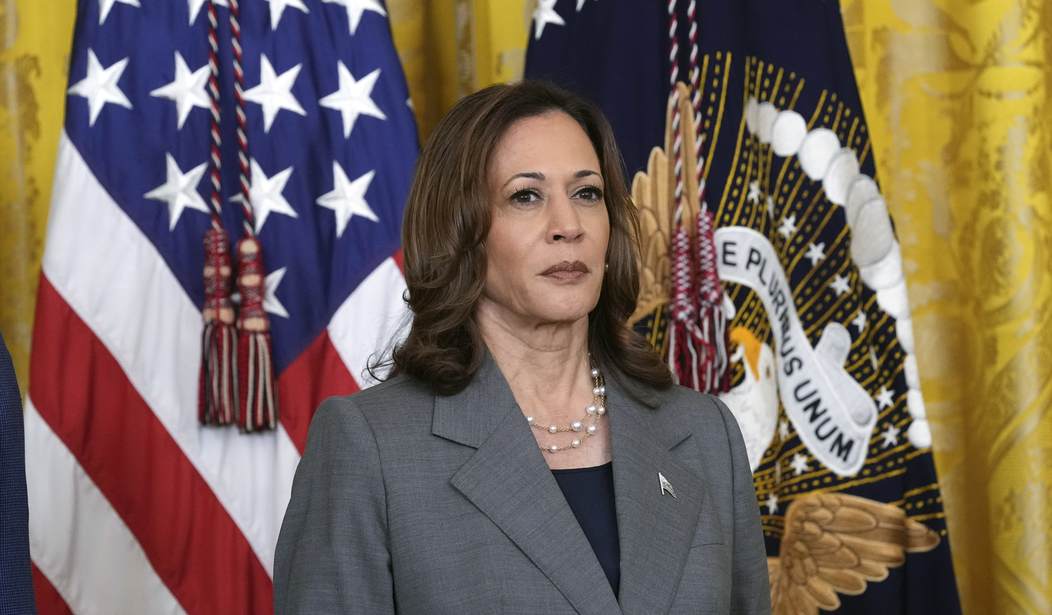Al Smith, the beloved four-term governor of New York, was the first Catholic to appear on a major party ballot for president.
The 1928 presidential campaign was marred by the Herbert Hoover organization unleashing a wave of anti-Catholic bigotry, aided by the Klu Klux Klan and other nativist groups, that accused Smith of being an agent of the papacy and hence the devil himself. Protestant preachers railed against him from the pulpit. Even mainstream protestant churches warned against Smith's "dual loyalties."
The Smith campaign was such a disaster that neither major party would put up a Catholic candidate for thirty years, when Democrats nominated John F. Kennedy.
Smith died in 1944, and in 1945, the most political Catholic cardinal in American history, New York's Francis Spellman, decided to hold a dinner to "bring together America’s political, business, and military elite to raise money for various Catholic charities," according to City Journal's Vincent J. Cannato.
Spellman's chancery in New York City was known as "the powerhouse," and no Democrat could win the nomination without his blessing. It was mostly a New York affair until Spellman invited both Kennedy and Richard Nixon to the 1960 dinner.
JFK, who had his own Catholic problem, was reluctant to appear, believing that Nixon would exploit the dinner for his advantage. Eventually, he relented and gave a tremendous performance, including the line of the night about hoping to get an invite to a Quaker dinner now that Nixon attended a Catholic dinner.
The dinner didn't always host both candidates, and in recent decades, several candidates have either not been invited or refused the invitation.
Even after 1960, many election-year dinners would not see the two main candidates for the White House. In 1964, Spellman pointedly declined to invite Barry Goldwater, extending the offer only to Lyndon Johnson. The evangelical Jimmy Carter joined Ronald Reagan at the New York dinner in 1980, but Walter Mondale turned down the invite in 1984, reflecting tensions within the Democratic Party over abortion. In 1996, John Cardinal O’Connor invited neither Bob Dole nor Bill Clinton, because of the latter’s stance on late-term abortions; the vice presidential candidates, Al Gore and Jack Kemp, were featured instead. Similarly, in 2004, the archdiocese invited neither George W. Bush nor John Kerry, likely because of the Catholic Kerry’s support for abortion rights.
The Catholic vote is not as monolithic as it used to be. In 1928, the Catholic vote was overwhelmingly Democratic, concentrated in urban centers. By 1960, the Catholic vote was fracturing through intermarriage and economic issues, but Kennedy still received about 65% of the vote from his co-religionists.
Today, Donald Trump can expect to get about 60% of the Catholic vote. In Pennsylvania, The Catholic vote might be pivotal in a state that Harris absolutely, positively has to win.
"Her San Francisco progressive persona isn't a good fit for Joe Biden's native state," William McGurn wrote in a Wall Street Journal op-ed on Monday.
McGurn noted that as California's attorney general, Harris opposed religious exemptions for private employers such as Hobby Lobby, after the Supreme Court ruled in 2014 that the company should be exempt from an Obamacare mandate requiring companies to include contraception in employee health policies.
While serving as a senator in 2018, Harris was also critical of Senate Judiciary Committee nominee Brian Buescher's membership of the Knights of Columbus, a Catholic fraternal service order named after Christopher Columbus that promotes traditional Catholic stances on issues such as same-sex marriage and abortion.
Harris later co-sponsored the Equality Act, legislation that McGurn said had drawn intense criticism from national Catholic organizations for its supposedly pro-abortion policy implications.
The confirmation hearing for Brian Buescher was a travesty as Democrats, led by Harris tried to demonize the Knights of Columbus, making them out to be cousins to the Klan. The Knights aren't even the most conservative Catholic organization and do magnificent charitable work. But Harris, who was eyeing the presidency at the time. believed that striking a radical pose in trying to defeat Buescher would help her campaign.
"Pew Research Center's 2014 U.S. Religious Landscape Study, 24 percent of Pennsylvanians identified as Catholic. In 2020, the Pennsylvania Catholic Conference, citing the Official Catholic Directory, put that figure at 23 percent—meaning that of the state's 13 million residents, about 3 million are Catholic," writes Newsweek.
In an election in Pennsylvania that will almost certainly be decided by less than 100,000 votes, Harris skipping the Al Smith Dinner was not only stupid but might be the mistake that cost her the White House.










Join the conversation as a VIP Member